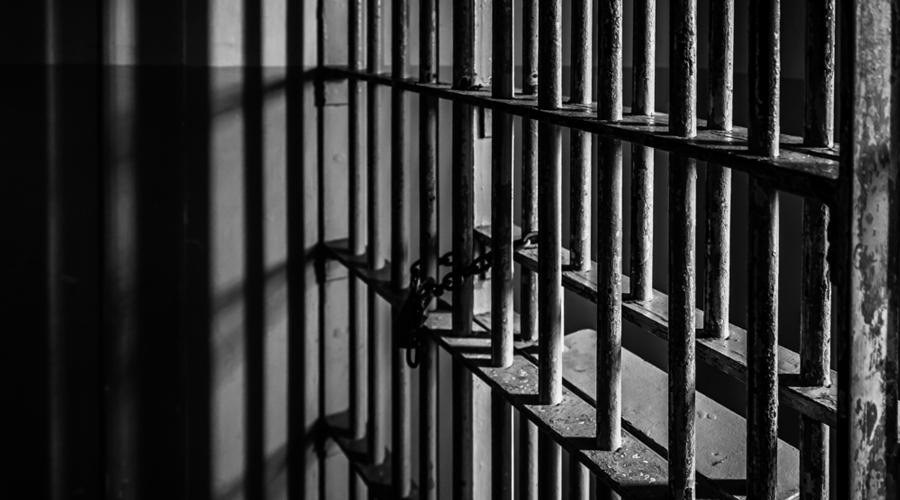The National Commission for Scheduled Tribes (NCST) has decided to form a working group to study the plight of tribal inmates on death row and life convicts who are languishing in jails after 14 years of incarceration.
It has written to the states and Union Territories asking them to furnish information on such prisoners.
The directions have come on a petition that argued that most convicts belonging to tribal communities are “poor and illiterate” and do not get proper legal aid during trial or to file appeals for parole and remission.
The petition filed before the NCST by rights activist and Supreme Court lawyer Radhakanta Tripathy said there was no provision that provided for automatic consideration of cases for pardon and commutation under Article 161 of the Constitution (power of the governor to grant pardons, etc, and to suspend, remit or commute sentences).
“The provisions of remission, pardon, parole and appropriate legal aid remain an untouched chapter for these victims of traditional social torture and government negligence,” Tripathy’s petition said.
“Most of the life convicts belonging to Scheduled Castes are poor, illiterate, unfortunate victims of circumstances.… They fall victim to highhandedness and arbitrary actions of the State and negligence of authorities, and cannot complain due to lack of knowledge and money,” he said. Such people do not have access to adequate and appropriate legal aid.










